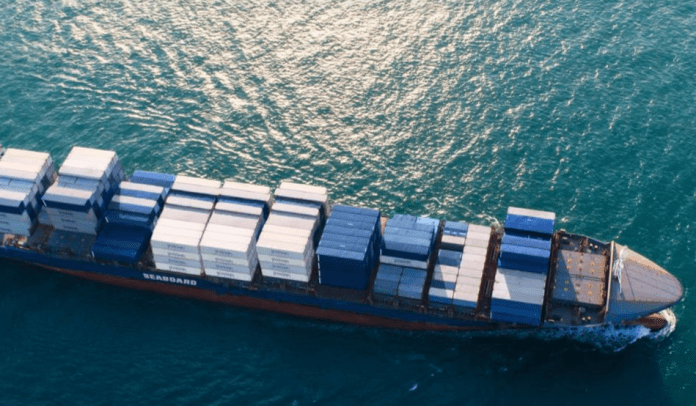The British multinational oil and gas company Shell has reported that the global trade in liquefied natural gas (LNG) rose by 6% to 380 million tonnes during 2021, as many countries rebounded from the impact of Covid-19.
China and South Korea led the growth in LNG demand in the last year, while China has increased its LNG imports by 12 million tonnes to 79 million tonnes, surpassing Japan to become the world’s largest LNG importer.
Overall, global LNG demand is expected to cross 700 million tonnes a year by 2040, a 90% increase compared to 2021 demand. At the same time, Asia is estimated to consume the majority of this growth, as domestic gas production declines, regional economies grow and LNG replaces higher-emissions energy sources.
Germany’s nine largest seaports are “sceptical” as to whether the European Union’s (EU) proposal to expand shore power is the right strategy to obtain a sustainable reduction in emissions by shipping.
The port of Bremen/Bremerhaven said that providing on-grid shore power facilities for the approximately 550 berths for seagoing vessels at the German ports, or even only a larger percentage of berth, would require investments of billions of euros.
It also claimed that investments would have to be borne by the taxpayer and by the ports without any significant support from the ship operators who are responsible for causing the emissions.
Moreover, the German port has pointed out that only certain ships would be obliged to use the provided shore power facilities.







